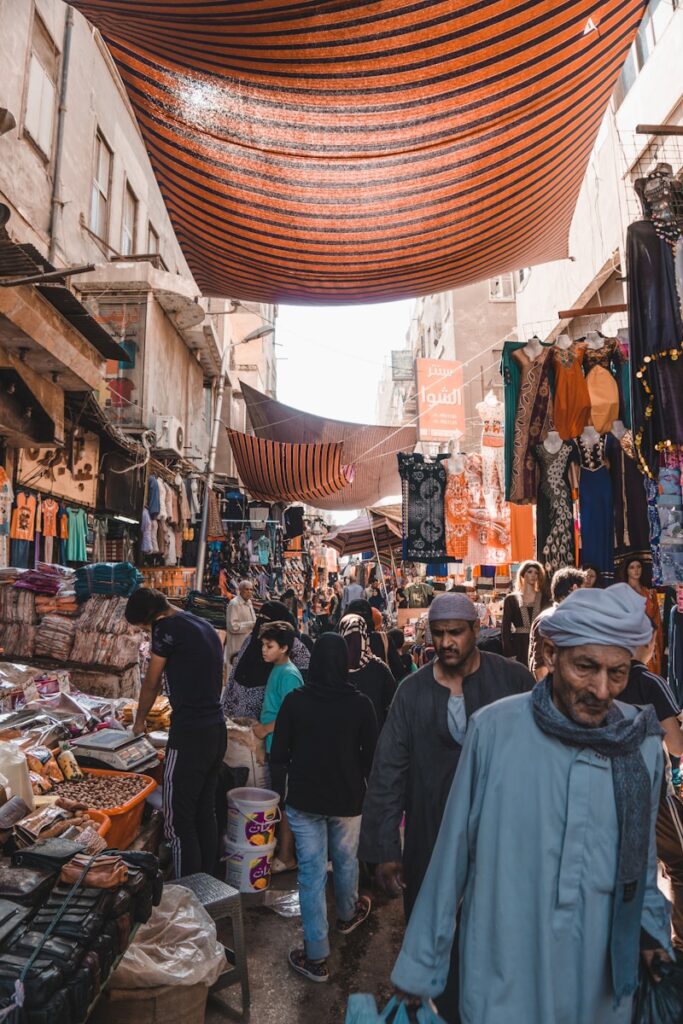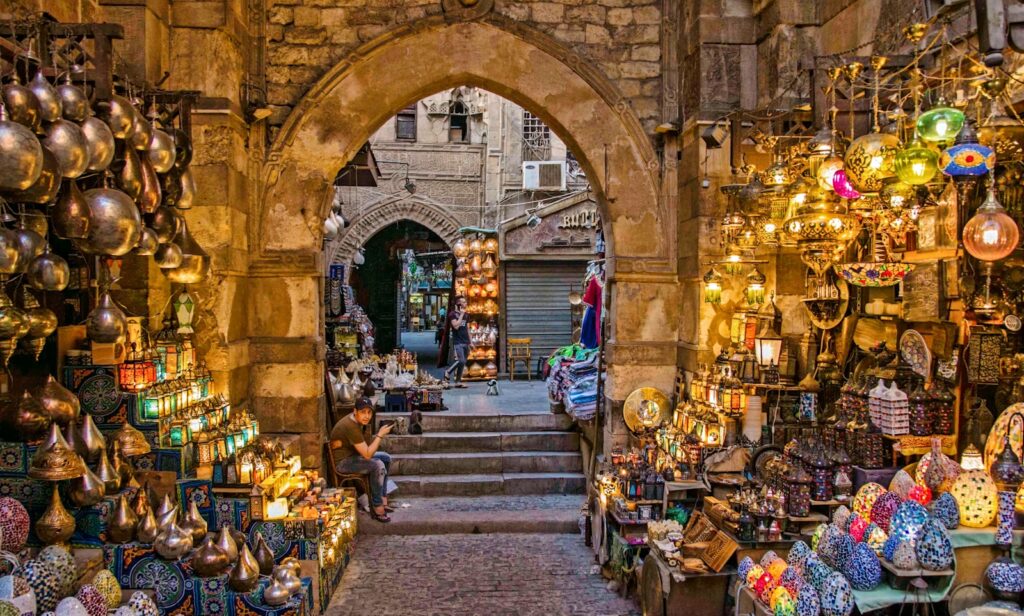Egypt, the land of pharaohs, pyramids, and ancient wonders, offers an extraordinary travel experience. From its rich cultural heritage to its diverse culinary delights, Egypt promises an unforgettable adventure. This blog post will guide you through essential aspects of traveling in Egypt, including currency, food, weather, must-visit places, and the unique culture of its people.
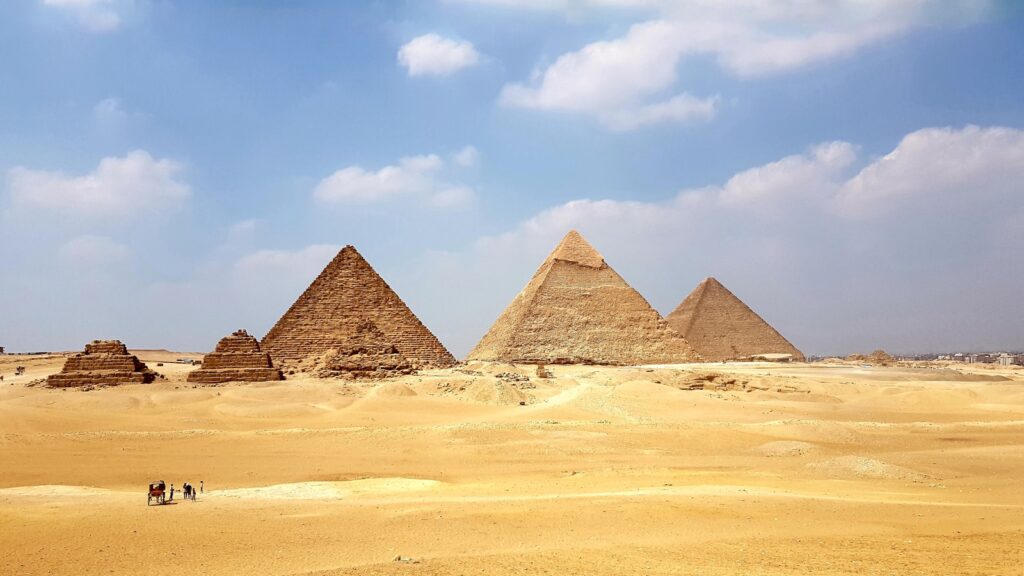
Currency in Egypt
When traveling to Egypt, it’s crucial to understand the local currency. The Egyptian Pound (EGP) is the official currency. As of the latest exchange rates, 1 USD equals approximately 48.44 EGP. It’s advisable to carry some cash for smaller transactions and use credit cards for larger purchases. ATMs are widely available in major cities and tourist areas. Exchange rates can vary, so check current rates before your trip and consider exchanging money at official currency exchange offices for the best rates.
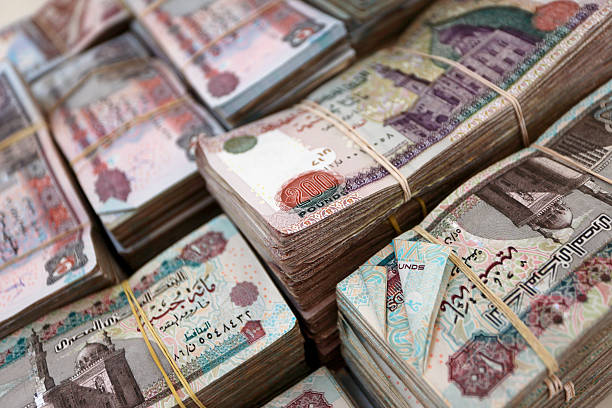
Egyptian Cuisine: A Culinary Delight
Egyptian food is a feast for the senses. The country’s cuisine is a rich blend of Mediterranean and Middle Eastern influences, characterized by vibrant flavors and fresh ingredients. Here are some must-try dishes:
- Koshari: Egypt’s national dish, a hearty mix of rice, lentils, pasta, and chickpeas, topped with crispy onions and a tangy tomato sauce.
- Falafel: Deep-fried balls made from ground chickpeas, often enjoyed in pita bread with salad and tahini.
- Ful Medames: A traditional dish made of fava beans, typically served with olive oil, lemon, and garlic.
- Baklava: A sweet pastry made of layers of filo dough filled with nuts and sweetened with honey.
Street food is a great way to experience local flavors, and many restaurants offer traditional Egyptian dishes. Don’t miss out on tasting local sweets and beverages like hibiscus tea and fresh fruit juices.
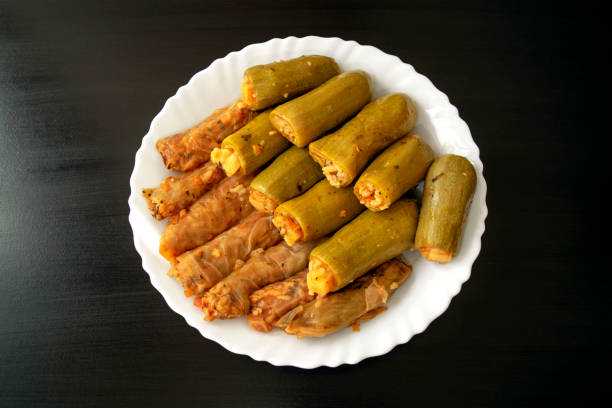
Weather: What to Expect
Egypt’s climate varies by region but is generally characterized by hot, dry weather. Here’s a seasonal breakdown:
- Spring (March to May): Mild and pleasant, with temperatures ranging from 20°C to 30°C (68°F to 86°F). Ideal for sightseeing and outdoor activities.
- Summer (June to August): Extremely hot, particularly in inland areas, with temperatures often exceeding 35°C (95°F). Coastal areas like Alexandria are cooler.
- Autumn (September to November): Warm and comfortable, with temperatures ranging from 20°C to 30°C (68°F to 86°F). A great time to visit before the winter chill sets in.
- Winter (December to February): Cooler temperatures ranging from 10°C to 20°C (50°F to 68°F), with a chance of rain in coastal regions.
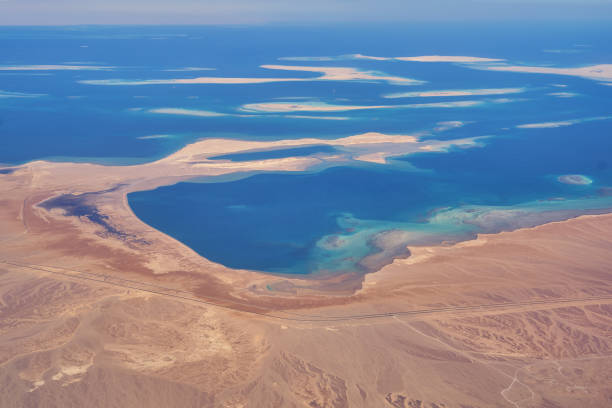
Places to Visit
Egypt is home to some of the world’s most iconic landmarks and attractions. Here are a few highlights:
- The Pyramids of Giza: One of the Seven Wonders of the Ancient World, the pyramids and the Sphinx are must-see marvels of ancient engineering.
- Luxor: Known as the world’s greatest open-air museum, Luxor houses the Valley of the Kings, Karnak Temple, and Luxor Temple.
- Cairo: The bustling capital city offers a mix of historical and modern attractions, including the Egyptian Museum and the vibrant Khan El Khalili bazaar.
- Aswan: Famous for its beautiful Nile scenery and the impressive Abu Simbel temples carved out of rock.
- Alexandria: A coastal city with a rich history, featuring the Catacombs of Kom El Shoqafa and the modern Bibliotheca Alexandrina.
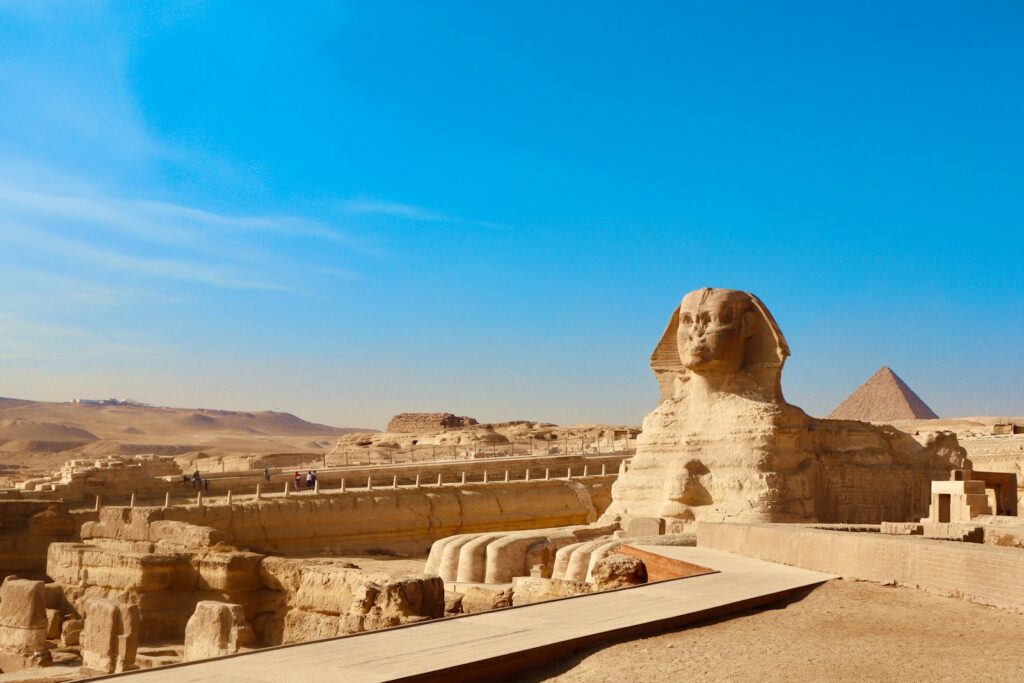
Culture of the People
Egyptian culture is a fascinating tapestry of ancient traditions and modern influences. Egyptians are known for their warmth and hospitality, making visitors feel welcome. The country’s cultural heritage is deeply rooted in its ancient past, with many customs and traditions reflecting the legacy of the pharaohs.
- Language: Arabic is the official language, but English is commonly spoken in tourist areas.
- Religion: Islam is the predominant religion, and religious practices play a significant role in daily life.
- Festivals: Egypt hosts various festivals throughout the year, including religious celebrations like Ramadan and cultural events such as the Cairo International Film Festival.
Interacting with locals and exploring traditional markets can provide deeper insights into Egypt’s vibrant culture. Don’t miss the opportunity to experience traditional music, dance, and art.
